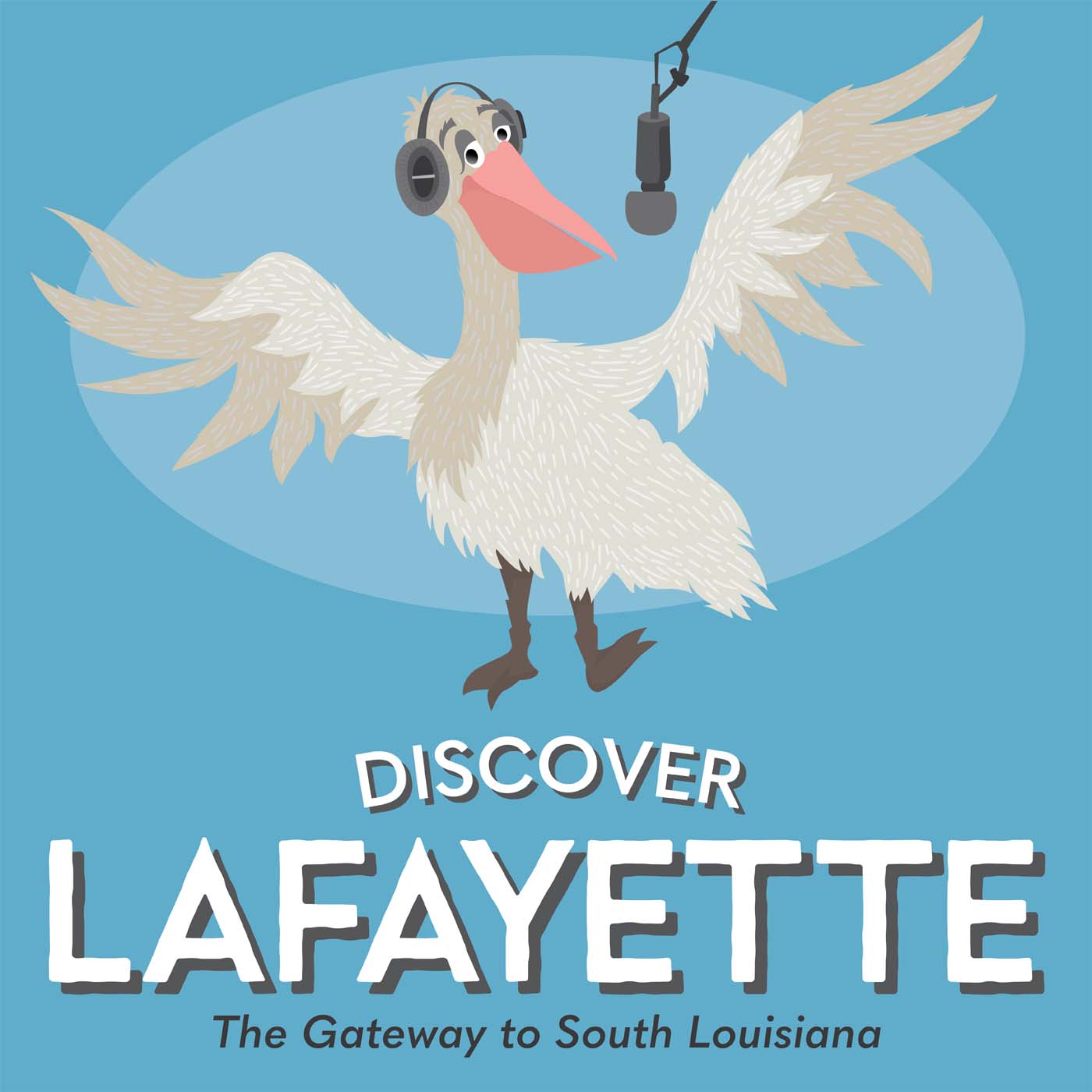- Culture
- SEE MORE
- classical
- general
- talk
- News
- Family
- Bürgerfunk
- pop
- Islam
- soul
- jazz
- Comedy
- humor
- wissenschaft
- opera
- baroque
- gesellschaft
- theater
- Local
- alternative
- electro
- rock
- rap
- lifestyle
- Music
- como
- RNE
- ballads
- greek
- Buddhism
- deportes
- christian
- Technology
- piano
- djs
- Dance
- dutch
- flamenco
- social
- hope
- christian rock
- academia
- afrique
- Business
- musique
- ελληνική-μουσική
- religion
- World radio
- Zarzuela
- travel
- World
- NFL
- media
- Art
- public
- Sports
- Gospel
- st.
- baptist
- Leisure
- Kids & Family
- musical
- club
- Health & Fitness
- True Crime
- Fiction
- children
- Society & Culture
- TV & Film
- gold
- kunst
- música
- gay
- Natural
- a
- francais
- bach
- economics
- kultur
- evangelical
- tech
- Opinion
- Government
- gaming
- College
- technik
- History
- Jesus
- Health
- movies
- radio
- services
- Church
- podcast
- Education
- international
- Transportation
- Other
- kids
- podcasts
- philadelphia
- Noticias
- love
- sport
- Salud
- film
- and
- 4chan
- Disco
- Stories
- fashion
- Arts
- interviews
- hardstyle
- entertainment
- humour
- medieval
- literature
- alma
- Cultura
- video
- TV
- Science
- en
Barry Ancelet – Founder of Festivals Acadiens et Creoles

Barry Ancelet, acclaimed Cajun folklorist, author, and songwriter, as well as the founder of Festivals Acadiens et Creoles, joined Discover Lafayette to share his love of our culture and his journey as a folklorist. We look forward to celebrating the Festival on Friday, March 18, 2022, after a hiatus due to the COVID shutdown.
Barry served on the faculty of UL-Lafayette from 1977 until his retirement in 2016. He was a professor in the Department of Modern Languages, serving as chair of the department and as the first director of the University's Center for Acadian and Creole Folklore. He developed and taught the first course on Cajun and Creole music at the university. He has been involved in over 50 record projects, providing notes, transcriptions and translations, and has written almost two dozen books on Cajun music and culture.
"My dad told me when I was a kid, 'Find something you really love to do and you'll never work a day in your life.' I got paid to visit with artists like Dewey Balfa, Dennis Magee, Canray Fontenot, and Nathan Abshire, listen to their stories and turn it into coursework and publications. When I retired, in my speech I said I was happy to be retiring before the university realized I would have done it for free."
It wasn't that long ago in Louisiana that speaking French was shunned and children were not allowed to speak the language in school for fear of reprisal. However, Barry says that he grew up in a French-speaking family who enjoyed Cajun music, and, "we never felt French was a liability." His grandmother always quoted a French proverb, "A man who speaks two languages is worth two men," translated in French as "Un home qui parle deux langues vaut deux hommes."
Barry excelled early in his French studies and loved it. At Cathedral Carmel High School, he represented the school at the Literary Rally, winning a medal. "It was like getting paid to eat candy."
Majoring in French at USL (now UL-Lafayette), he went on to study French at Indiana University where he realized his love of French was grounded in our local French-Acadian culture, not strictly traditional French history. The pre-eminent American folklorist, Henry Glassie, was on the faculty at Indiana U. and encouraged Barry to transfer into folklore, to learn about the cultural side of life, and Barry graduated with an MA in folklore from the university.
In the late 1960s and early 1970s, the same time as Barry's college days, Louisiana French history was beginning to be recognized for its significance. He mentions local historian Carl Brasseaux and musician Zachary Richard as two others also drawn to finding out how the region's culture came about and asking questions such as "Who are we? Why does our music sound this way? Why does gumbo taste like that? Why do our homes look like that?" Out of curiosity, they started digging and learning about the French-Canadian, African-Caribbean, and French influences which shaped the region's unique culture.
While studying French in Nice, France in the Spring of 1973, Barry was miserable and homesick. One day while walking in downtown Nice, Barry heard Cajun music floating from a store owned by Roger Mason. Barry wanted to know more about this store that showcased music that he missed, such as the Crowley Two-Step; Mason shared that he had a mentor, Dewey Balfa, who he had learned from, and encouraged Barry to go to Basile, Louisiana to meet Balfa upon his return to the States.
Dewey Balfa wasn't just a mentor to Roger Mason, he was an ambassador of Cajun culture and advocated for the revival of traditional Cajun music. In 1964, Balfa had been invited by the renowned music Smithsonian folklorist Ralph Rinzler (along with Gladdie Thibodeaux and Louis Vinesse Lejeune) to play at...